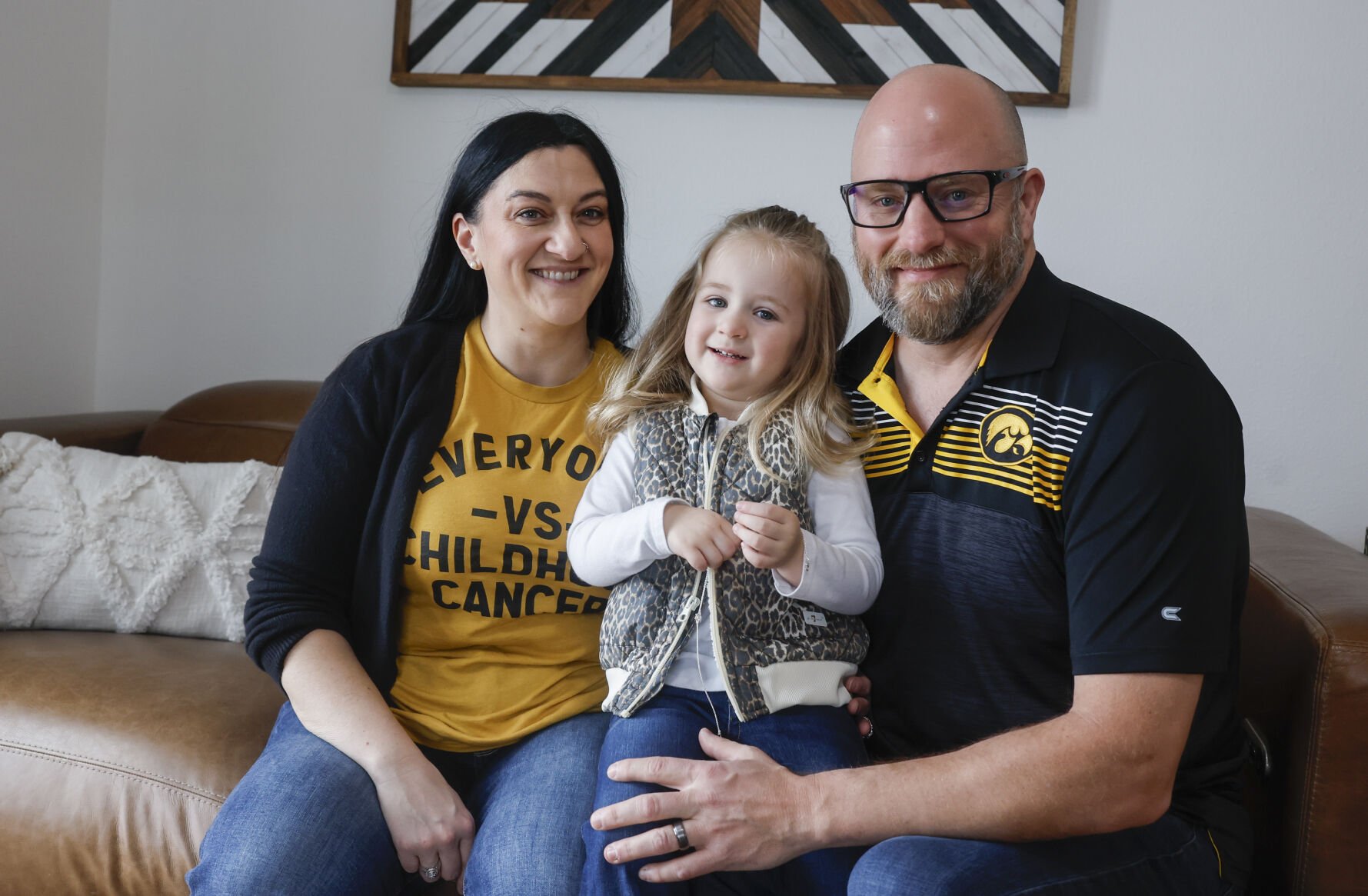In a high-profile hearing that revisited the decades-old murder case of Jose and Kitty Menendez, a California parole board denied Erik Menendez another chance at freedom. Despite arguments that he had been reformed and the emotional pleas of supportive relatives, commissioners found him unfit for release.
California board denies parole to Erik Menendez

Key Takeaways:
- Erik Menendez’s parole was denied after decades in prison for the 1989 murders of his parents.
- A judge reduced both brothers’ original sentences from life without parole to 50 years to life.
- Erik Menendez claimed a history of abuse as part of his defense, while prosecutors alleged a financial motive.
- Family members, including an aunt with terminal illness, pleaded for his release.
- California officials stressed concerns about his lack of insight, prioritizing safety and accountability.
Introduction
Erik Menendez, one half of the notorious sibling pair convicted for killing their parents in 1989, was denied parole after an all-day hearing in California. This proceeding centered on whether he had undergone meaningful reform during his decades behind bars.
Parole Hearing Details
Two commissioners grilled Menendez on his past behavior, both about the murders and prison violations over the years. They pointed to alleged gang affiliations, drug use, and unauthorized cellphone possession. While Menendez acknowledged he had once felt “protecting himself” outweighed following prison rules, he argued that in recent years he had turned a corner, especially after a legal shift opened the door to parole.
Family Perspectives
A dozen relatives joined the videoconference, many repeating their support for Erik’s release. Teresita Menendez-Baralt, the late Jose Menendez’s sister now battling cancer, spoke of her forgiveness, expressing her wish to welcome Erik into her home. Another relative promised to provide housing in Colorado if parole were granted — but their pleas were not enough to sway the board.
Prosecutorial Opposition
During the hearing, a Los Angeles prosecutor questioned whether Menendez was “truly reformed,” pointing to alleged efforts by Erik and his brother Lyle to sway potential witnesses during trial. The commissioners emphasized they were not retrying the original case, though the prosecutor maintained that Menendez’s “deficient insight” mirrored other high-profile parole denials.
Erik Menendez’s Transformation
Menendez’s parole attorney portrayed 2013 as a turning point fueled by a new personal faith and noticeable behavioral changes. He described working to support older and disabled inmates and collaborating with Lyle for mutual accountability. However, commissioners weighed lingering doubts about his maturity at the time of the crime, debating why fleeing the family home was never considered.
The Road Ahead
Menendez is eligible to reapply for parole in three years. Meanwhile, Lyle Menendez’s parole hearing is set for the next day in the same San Diego prison, prolonging public interest in a case that has spawned countless documentaries and dramatizations. Despite decades behind bars, the Menendez story continues to capture national attention, reflecting enduring questions about abuse, accountability, and the true meaning of reform.











